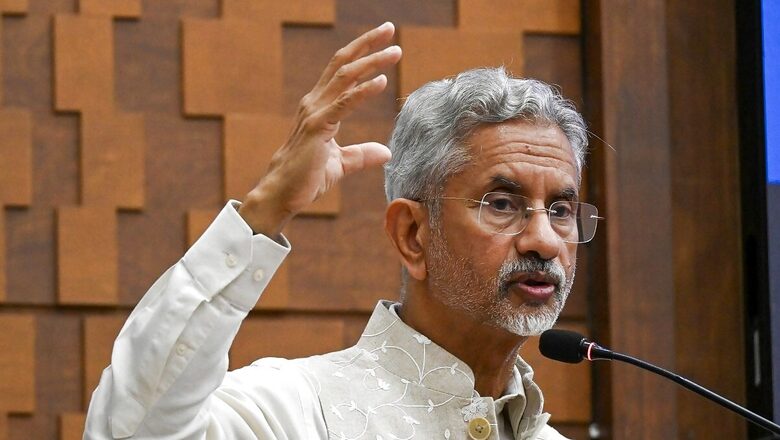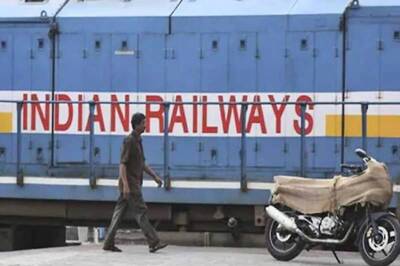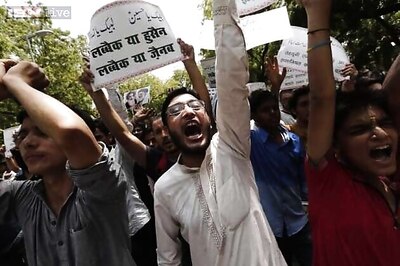
views
External Affairs Minister S Jaishankar reaffirmed India’s commitment to respond against any act of terrorism committed from across the borders on Friday, saying that there cannot be any rules in a country’s answer to terrorists.
While interacting with the youth at an event titled ‘Why Bharat Matters: Opportunity For Youth and Participation In Global Scenario’ in Pune, he said that there is a change in the foreign policy of the nation since 2014 and the key change is the way terrorism is dealt with.
Giving the example of the 26/11 Mumbai attacks, Jaishankar said that if something like that happens now and the nation doesn’t react then how are we going to prevent the next attack. He said that a nation “cannot have any rules when responding to terrorists” because they don’t play by the rules either.
He further said that after the 26/11 attacks, “the UPA government held various rounds of discussion only to come to the conclusion that ‘the cost of attacking Pakistan is more than the cost of not attacking it’.”
“Terrorists should not think; we are this side of the line, so no could touch us. Terrorists do not play by any rules. The answer to terrorists cannot have any rules,” the External Affairs Minister said.
Asked about which are the countries that India finds difficult to maintain relationships with, Jaishankar pointed to Pakistan, which was in the neighbourhood and “for that we are only responsible”. He took note of the past history of terrorism acts perpetrated from across the border.
He said that in 1947 Pakistan sent tribal invaders into Kashmir and the Army countered them and the integration of the state took place. He said that the government at the time labelled those invaders as ‘infiltrators’ and not ‘terrorists’, almost as if they were representing a legitimate force.
“Narendra Modi came (to be Prime Minister) only in 2014, but this problem did not begin in 2014. It started in 1947, not even after the Mumbai terrorist attacks of 26/11. This started in 1947, the first people came from Pakistan in Kashmir and attacked Kashmir… it was terrorism. They were blazing towns, cities. They were killing people. These were people from Pakistan’s northwest front… the Pakistani army put them on the frontlines and asked them to totally disrupt Kashmir, saying ‘we will come after you’,” S Jaishankar said.
What we did was we sent the army and the Kashmir integration took place. “We stopped the army from doing its work. After that, we went to the UN,” he said, adding that there is no mention of ‘terrorism’ in India’s demands before the United Nations on the Kashmir dispute back then.
He noted that the demands rather read “tribal invasion, like it was a legitimate force”. “In 1965, the Pakistan Army, before attacking, sent infiltrators… We have to be very clear in our mindset. In no situation is terrorism acceptable,” Jaishankar further said.
Earlier as well, the External Affairs Minister had said that the victims of terrorism do not sit together with perpetrators of terrorism.
Jaishankar came down heavily on Pakistan’s then-foreign minister (in 2023), Bilawal Bhutto Zardari over his “weaponising terrorism” remarks.
“Victims of terrorism do not sit together with perpetrators of terrorism to discuss terrorism. Victims of terrorism defend themselves, counter acts of terrorism, they call it out, they legitimise it and that is exactly what is happening. To come here and preach these hypocritical words as though we are on the same boat,” he had said.
(With inputs from agencies)


















Comments
0 comment